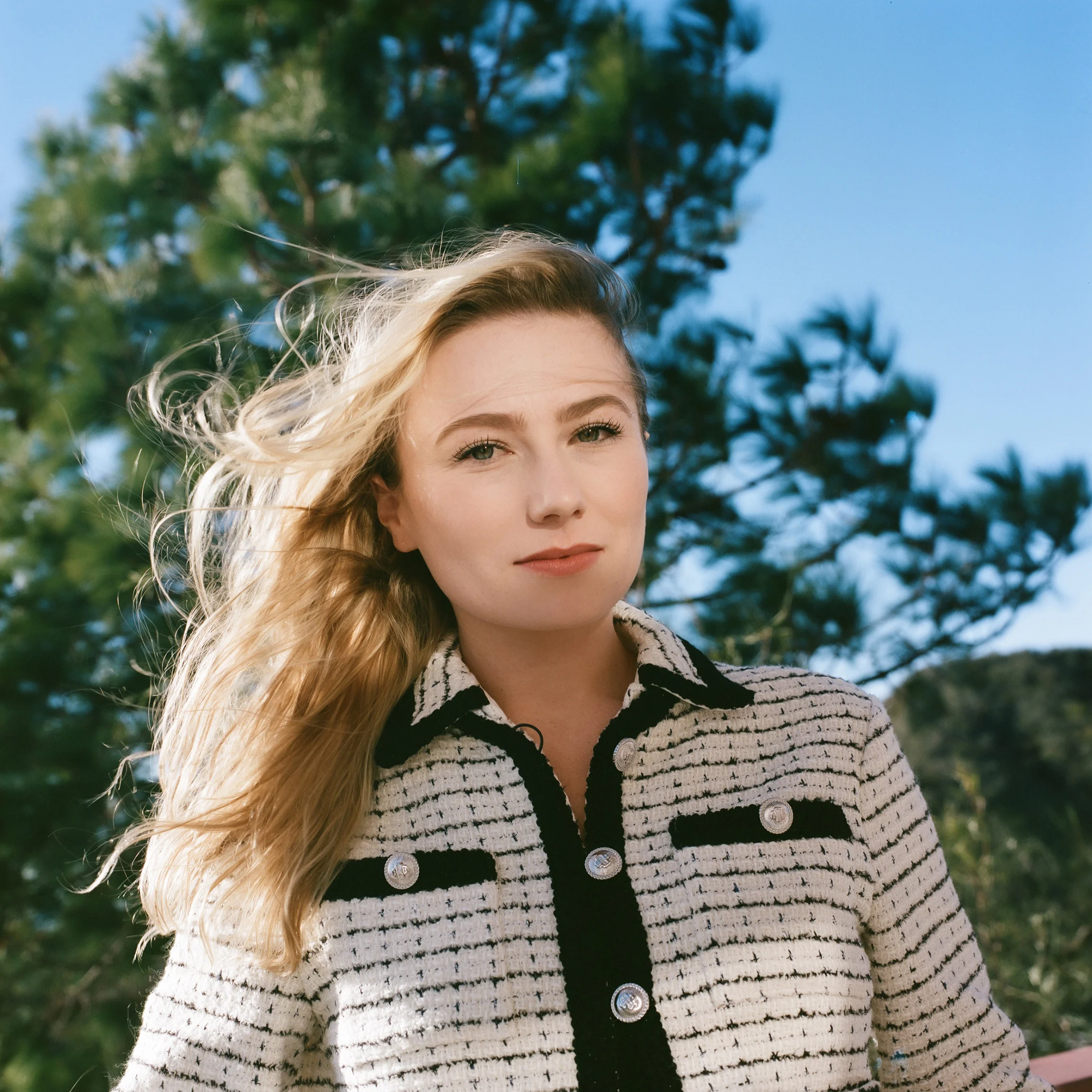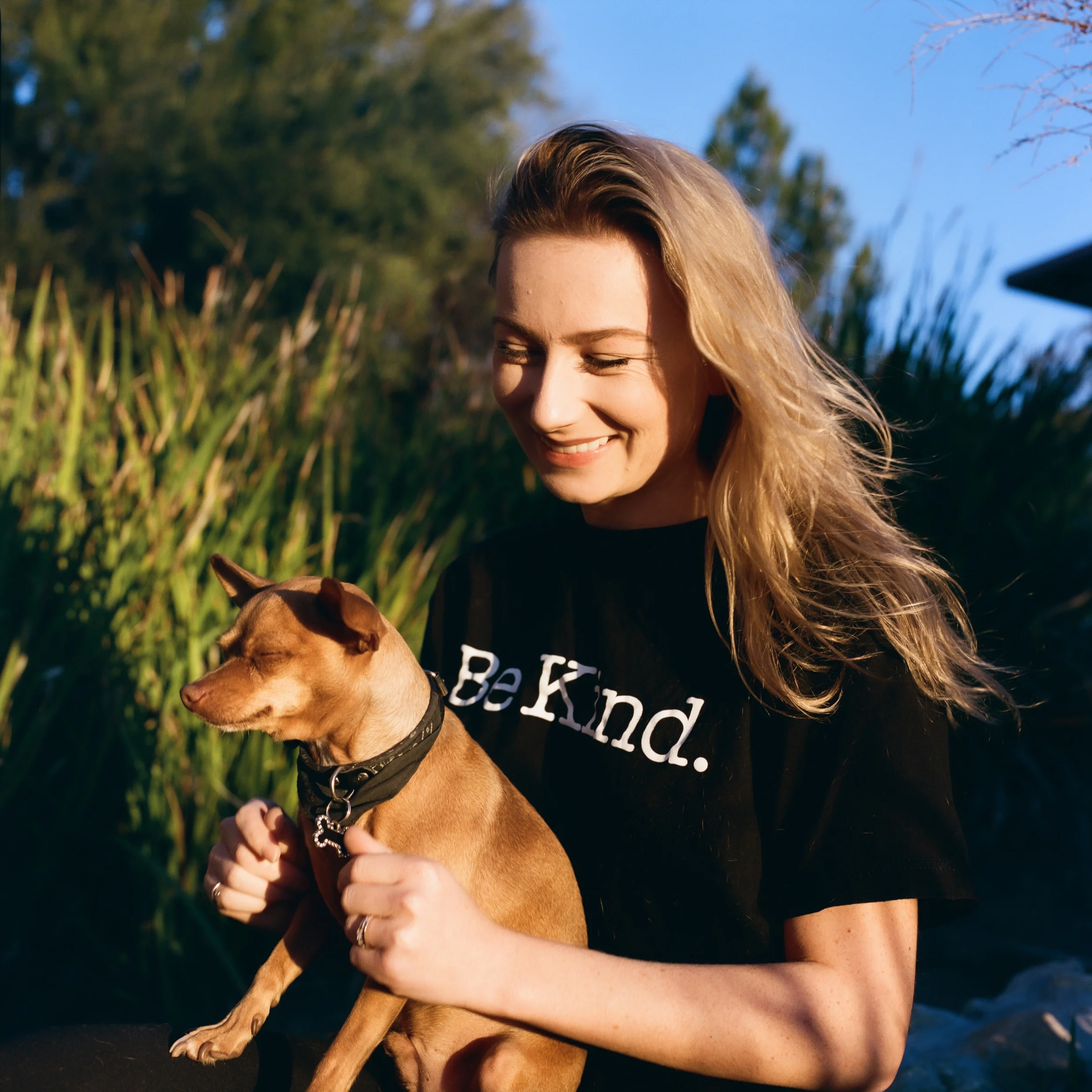Keely Cat-Wells is one of the 2022 Young Activist Summit winners.
Around the world, 1 in 6 people experience a significant disability, according to the World Health Organization (WHO).
The WHO also reports that people living with a disability — an estimated 1.3 billion people — have a shorter life expectancy than people living without one, dying up to 20 years earlier. People living with disabilities also face various challenges with regards to access to health care, public spaces and transport, housing, and economic opportunities.
The Convention on the Rights of Persons With Disabilities states that parties to it must ensure the following: respect for inherent dignity, individual autonomy, including the freedom to make one's own choices, and independence of persons; non-discrimination; full and effective participation and inclusion in society; respect for difference and acceptance of persons with disabilities as part of human diversity and humanity; equality of opportunity; accessibility; equality between men and women; and respect for the evolving capacities of children with disabilities and respect for the right of children with disabilities to preserve their identities.
Still, people living with disabilities continue to face discrimination. Keely Cat-Wells is a disability activist and entrepreneur whose company, C-Talent, creates opportunities for people living with disabilities. Discrimination once led to her losing out on employment. Here, she shares her experience and explains how she works to ensure that that doesn't happen to others.
I am Keely Cat-Wells, a disability activist and entrepreneur. I care deeply about people and believe that we all have an obligation to fight and challenge the injustices and oppression that we face in this world. I describe myself as a proud disabled Jewish woman with a passion for social impact.
I think my life's purpose is to help create a more equitable and just world for disabled people. When I became disabled at 17 years old, I quickly realized that the world around me was no longer built with me in mind. When I need a seat on the bus, people say, "You don't look disabled." For the same reason, when I use the disabled bathroom I am often accused of "taking advantage of the system."
Physical, attitudinal, and communication barriers are glaringly prevalent to me and the disabled community that I am now a part of. In the US, subminimum wage for disabled people is still legal, disabled people still do not have marriage equality and, despite landmark legislation, accessibility is rarely satisfactory. These issues are far, far worse for those from low-income communities or those with intersectional identities.
 Keely Cat-Wells is a disability activist and entrepreneur whose company, C-Talent, creates opportunities for people living with disabilities.
Keely Cat-Wells is a disability activist and entrepreneur whose company, C-Talent, creates opportunities for people living with disabilities.
[Growing up in the UK], I loved my childhood. I grew up on a farm and had a fairytale life riding horses. Growing up with my grandpa, who taught me everything from fishing to Shakespeare, it was safe and secluded. It was only when I started to feel unwell that I started to recognize truly how broken our world is.
I was not believed by the health system, I was dying while they constantly told me I "looked fine." It took dozens of doctors, multiple hospitals, and many years before I was diagnosed and given the life-saving treatment I needed. When I came to the US, it became clear that as a disabled person, as someone who is chronically ill, I am not broken or the issue — it is society that is fragmented, and that it is not just a national problem, it is a global one.
I took a trip to Los Angeles, and lost a job due to ableism, so I started representing disabled talent, placing them in jobs in Hollywood. I ended up moving there and, before long, it was a fully-fledged talent agency called C-Talent. I called it C-Talent because disabled people rarely get access to option A or B. My goal was to change the way the world views disability using the massive reach and power of the entertainment and media industries.
Today, C-Talent has a roster of 100 elite Deaf and disabled content creators, actors, writers, and directors, with a combined reach of over 50 million people. We have placed disabled talent in thousands of roles. When productions shut down during 2020, we took on disabled digital talent, securing them brand deals with major companies. Disabled people are claiming and controlling the narrative on social media, many of them building audiences bigger than the ones that tune in to cable TV — we are a commodity.
Recently, C-Talent was acquired by leading creator company Whalar, in a multi-million-dollar deal, which marks one of the largest investments ever made into disabled talent in the creator industry.
If you look at the current state of film and TV and think of a disabled character, you will most likely think of either a villain, victim, or inspiration. Villains, because apparently disabled people have been incorrectly perceived to be so mad about medical conditions that we decide to take it out on the world — and therefore, our conditions become horror props. Victims, because it is incorrectly thought that due to our conditions we have no chance of happiness, or inspirations, because we have been reduced to solely being in existence for the objectification of non-disabled people to make them feel better about their lives.
These portrayals are incredibly harmful and impact the way society treats disabled people.
According to the WHO, 16% of the world's population is disabled, but I think this figure is likely much higher. I believe the figure is closer to 40% of the population, because of the perpetual stereotypes and stigmas that exist in our society [that] make disclosure sometimes impossible, [for] fear that it will affect employment, housing, relationships, and more.
Due to the lack of pan-disability representation on our screens, some disabled people don't even know that they are disabled. The severity of anyone else's disability is irrelevant. Disability doesn't look any specific way. Disability is defined as any medical condition that impacts your ability to function and/or interact with the world around you because of the world's barriers.
I want to see everyone taking the necessary steps to create an accessible world, beyond compliance, because while access alone will not solve ableism, it is a crucial step towards the elimination of it.
I am an accidental activist. Like many, I acquired my disability later in life and it was only when I was caught up in a broken system that I became an advocate for myself, and then eventually, my community. Being an activist and a business owner can sometimes feel conflicting. Oftentimes investors assume advocacy/activism and business should not go together — I completely disagree with this. I believe business is an incredible vehicle for advocacy and activism.
 Keely Cat-Wells is photographed at her home in California in November 2022.
Keely Cat-Wells is photographed at her home in California in November 2022.
Due to historical stereotypes and lack of access to work, care, and housing, disability has been associated with charity. I think to live in a more equitable world, all businesses and business owners should be activists in their own way, using their power, reach, and influence to fight and challenge the injustices that exist in this world. I have experienced firsthand how taking this approach positively influences my business. Profit is only good when people are put first.
I believe Global Citizens can support the work of activists like myself by doing the following: advocate. Just because you aren't disabled yourself, doesn’t mean you can’t advocate alongside us. There is strength in numbers!
Educate yourself on the issues surrounding the disabled community. Take what you’ve learned to the polls and vote with us in mind. Many of these issues have unfortunately become political. Call out ableism when you see it. While not every instance of ableism is intentional, the only way to progress to a more equitable society is to recognize it and do the work to correct these injustices.
As told to Gugulethu Mhlungu; this article was lightly edited for clarity.
The 2022 In My Own Words series was made possible thanks to funding from the Ford Foundation.

